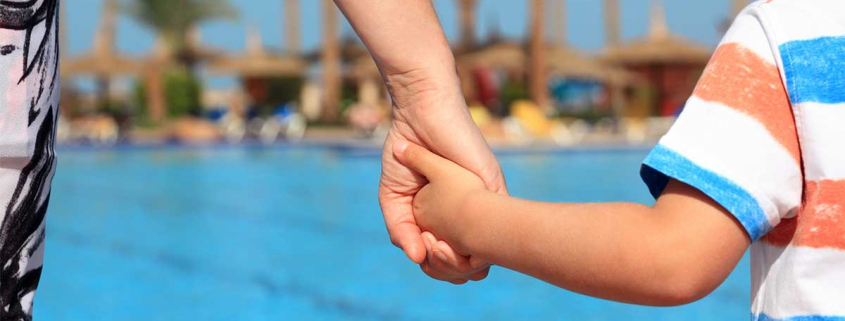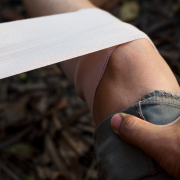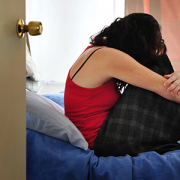Water Safety for children
Summertime is perfect for spending time at the pool, enjoying a refreshing swim on a hot day at the beach or a paddle in a cool river stream. Australia has some of the most beautiful beaches, rivers, inland water holes in the world and the climate to go with it; however, you may be surprised to know that in Australia the most common cause of drowning is not knowing how to swim. Many adults and children will attempt to get into the water without proper swim training.
Swimming is fun for both children and adults and has so many benefits. Swimming builds muscle, burns calories, teaches us water safety and keeps us cool especially on hot days. When swimming our brains releases chemicals called endorphins that are designed to make us feel happy. We know that children have a natural curiosity and attraction to water, it is fun and has benefits, however, drowning is the third most common cause of death for Australian children aged one to 14.
It is not just pools, beaches and waterways where children can drown, they can also drown very quickly in a small body of water as little as a few centimetres. One and two-year-old near-drownings can have catastrophic consequences and can lead to permanent disabilities, so it is really important for you and your children to be safe around water. Formal water safety and swimming lessons under the supervision of a lifeguard can dramatically decrease the risk of drowning. It is also important to actively supervise your child around water at all times.
But as any parent knows, it’s also important to be aware of water safety hazards and take precautions to keep your children safe. Here are some tips for keeping your little ones safe around water this summer.
- Never leave children unsupervised around water, even if they know how to swim.
- Stay in constant visual contact, not just glancing towards the water occasionally.
- Always stay within arm’s reach of children swimmers when they’re in or around water
- Stay close to the water when you’re supervising children who can swim, and being ready to get in if there’s an emergency.
- Take children with you if you leave the pool area, even for a moment
- Always swim between the red and yellow flags on beaches with lifeguards and surf lifesavers.
- Look for the beach signs at the entrance to the beach, they have lots of local information and will explain to you the meaning of the signs placed on the beach.
- Empty water from baths, buckets and wading pools immediately after use.
- Watch children around fountains, eskies, fishponds and pet bowls. If you can’t empty the water, cover it with suitable material or put items away out of reach.
- Check your home regularly for water hazards that may need repairs, such as broken pipes or open drains.
- Avoid drugs and alcohol around water.
- Be aware of medical conditions and their impact around water.
- Check conditions and depth of the water never dive into unknown waterways and remember that conditions can change from day to day, hour to hour, even in water you think you know well.
- Don’t take risks around water.
- Wear a life jacket when boating, including children.
- Teaching children to feel comfortable in the water and how to swim at an early age is extremely important, educate them early about water safety. In saying this know your limits as an adult/parent.
- Parents/guardians should do a First Aid Course so they can respond in an emergency. Cire Training offers First Aid Training, click here to learn more.
The Royal Children’s Hospital has put together a fact sheet about water safety for your children. You can download it here, and keep it in an easy-to-access place so you have it when you need it. Remember to never leave your child unattended near water, even if they are wearing a lifejacket – accidents can happen quickly. And finally, always swim with a buddy. Swimming is great exercise and fun for the whole family, but please make sure everyone stays safe while enjoying the pool or beach this summer.
Image by The Royal Children’s Hospital.








Leave a Reply
Want to join the discussion?Feel free to contribute!